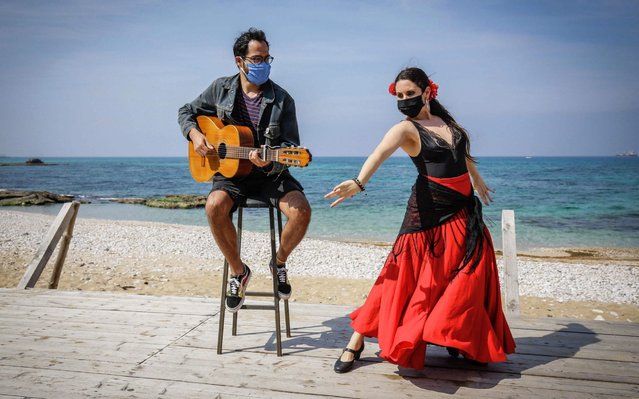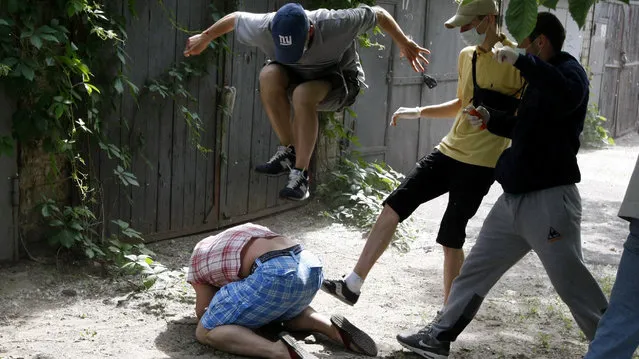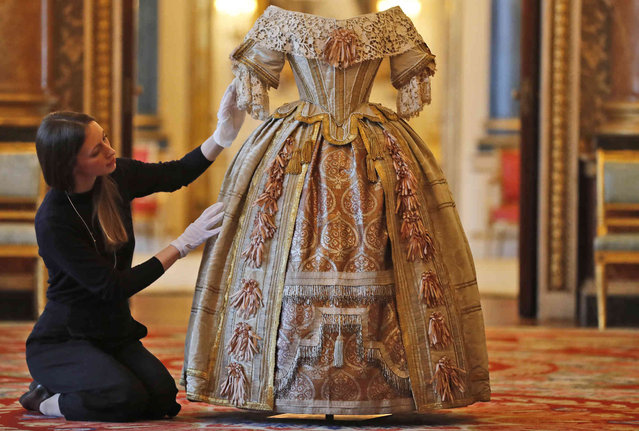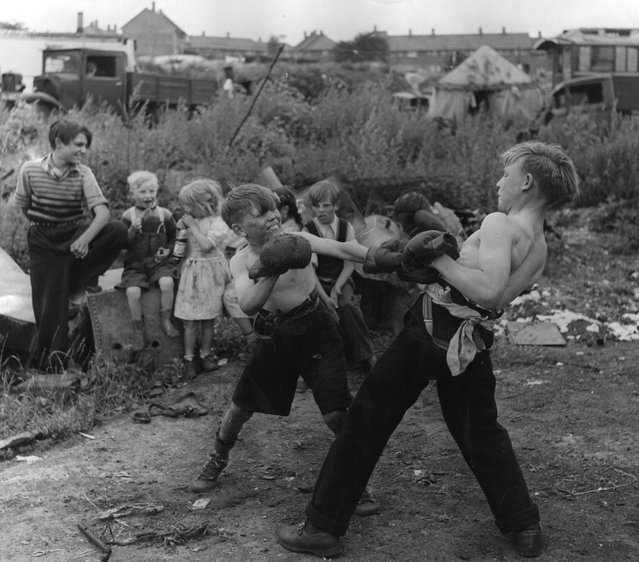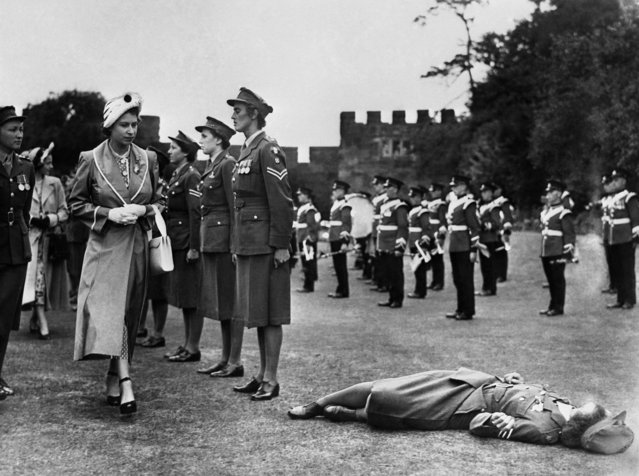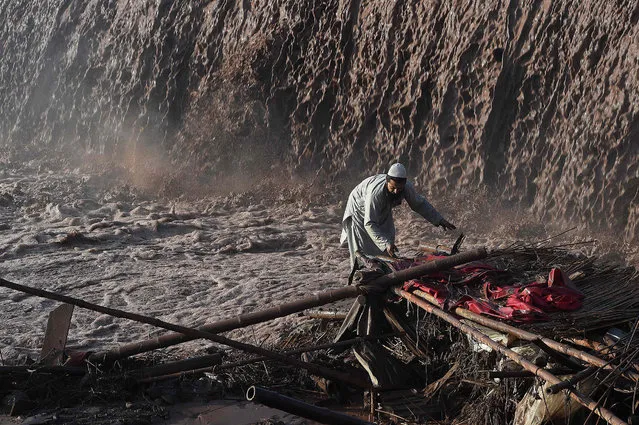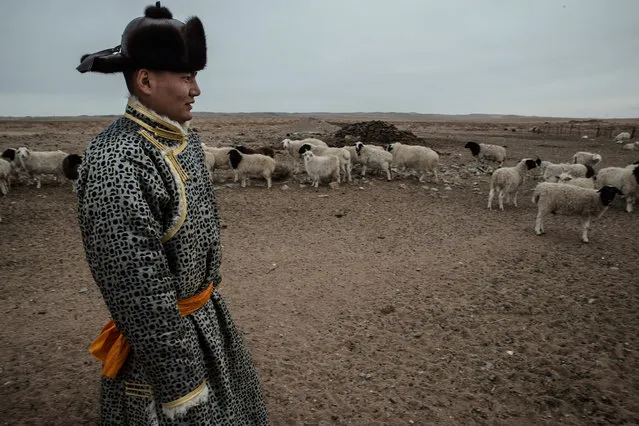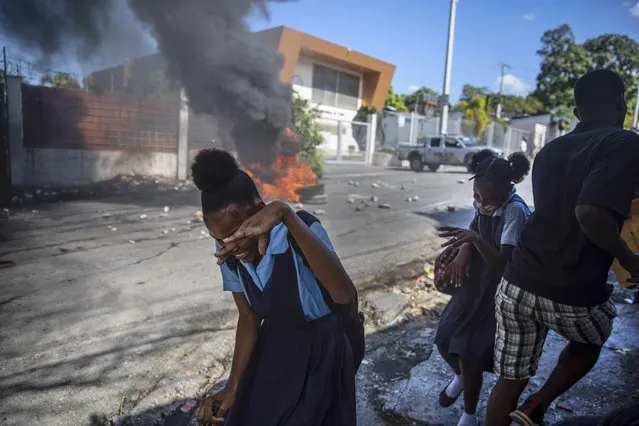
Students run past a burning barricade set up by protesters demanding the release of kidnapped people, in Port-au-Prince, Haiti, Thursday, November 25, 2021. The country is experiencing a rise in gang-related kidnappings, many demanding ransom, with the U.S. State Department issuing a warning in Aug. about the risk of kidnapping in Caribbean country. (Photo by Joseph Odelyn/AP Photo)
21 Dec 2021 06:43:00,post received
0 comments

